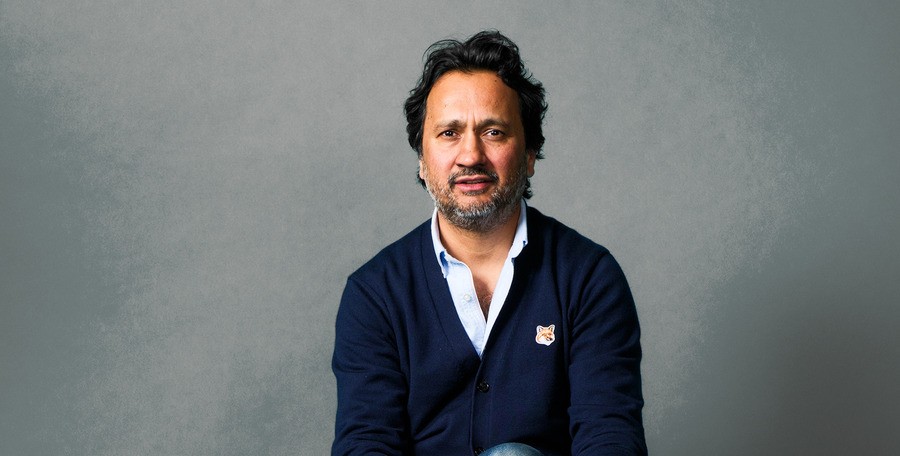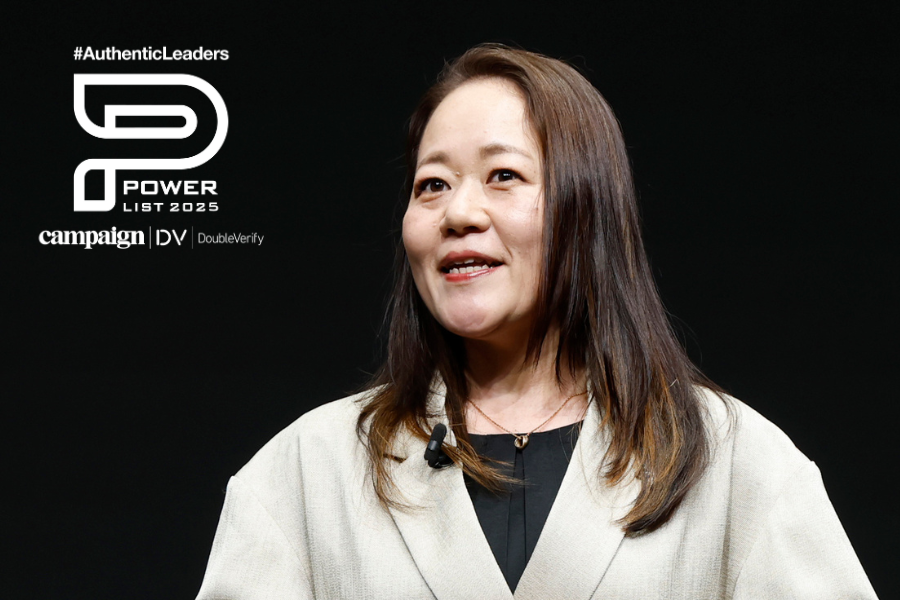- Ravi Kiran, founder, VentureNursery, Friends of Ambition
- Phil Phelan, Australia strategy director, SapientNitro
Is crowdfunding just for start-ups or can established brands use it as a marketing technique?
Kiran: Brands can use it to engage audiences, get user validation and feedback on new products, reward customers and join projects and social experiments. Increasingly, big brands will need to learn from and behave a bit like start-ups, anyway.
Phelan: Crowdfunding’s ability to give consumers a sense of ownership over a brand or product can absolutely be co-opted by marketers. It sits at the intersection of social, CRM and market research and will change the approach of leading marketers.
How effective is crowdfunding as an engagement strategy?
Kiran: Brands can take either the social-citizen or creativity approach. In one, brands sponsor, mentor and support customer-created projects. In the other, brands leverage the creativity and sociability of customers to do things that help the brand directly.
Phelan: Not at all. Crowd-funding is in itself a test of the engaging power of your new idea — if it doesn’t engage the crowd, it doesn’t get funding.
What are the potential dangers and pitfalls?
Kiran: I don’t see many, as long as the brand understands the natural risk involved in being honest, open, unselfish and dealing with thousands of customers on a scantily moderated platform.
| See also: Community, ideas and stories: Kickstarter's Yancey Strickler |
Phelan: The first is reputational. Crowdfunding sits in the anti-establishment camp. Chances are, as a marketer, you are establishment. The second is lost opportunity. People commit to what they know they want, not what they didn’t know they needed.
Should major brands be concerned by competition from crowdfunded developers?
Kiran: If they are worried about innovation, there’s no hope for them, anyway. Major brands need to learn from anyone who’s trying to break the mould.
Phelan: Yes. Crowd-funding is a technology and it will have the same disruptive, barrier-reducing, democratising effects as peer-to-peer and social.
If crowdfunding sites disallow big brands from participating, how else can they take part?
Kiran: Crowdfunding has little place for control and arrogance. A platform may have gatekeeping norms and want to avoid being submerged by big brand noise, but if the brand means well, other platforms and the crowd will rescue it.
Phelan: If there’s one thing advertising has always been great at, it’s appropriating cultural movements and packaging them for popular consumption. Crowd-funding is no different, it’s a free unregulated market and, in theory, anyone can play.
Can a crowdfunded strategy build enough buzz to carry a product into the mass market?
Kiran: The Pebble Watch and Pirate3D are already good examples. As with most things, the secret is in strong ideas, genuine customer value and execution.
Phelan: The question assumes a mass market is a homogenous entity. It’s simply not true; society is a group of crowds. Moving from ‘niche’ to ‘big’ requires an idea with multiple points of appeal.











